It’s no secret that the hurricanes of 2017 disrupted many thousands of travel plans. Before the storms, people in the midst of trips had to evacuate to safer areas; during the ravaging winds, hundreds of flights were canceled or delayed; and afterward, preplanned vacations to some of the hardest-hit Caribbean islands will need to be rescheduled. Travelers who bought travel insurance coverage will tell you it’s the best investment they ever made. Those who didn’t are likely to suffer losses much greater than the cost of the travel insurance.
What Does Travel Insurance Cover?
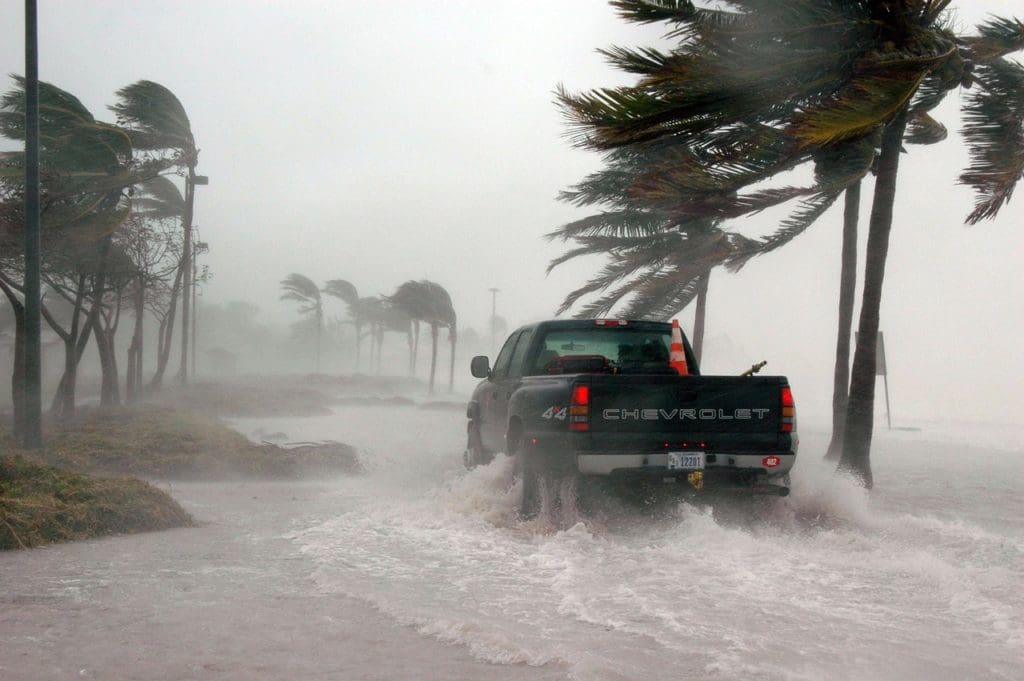 Trip Cancellation: First, let’s stipulate that airlines typically waive change penalties during major weather events and natural disasters, but travelers invariably incur some costs in any travel disruption, be it an unplanned hotel stay or additional meals (neither of which airlines provide when the disruption is not their fault). You might also incur charges if your destination is unaffected, but you can’t get there because of the weather and your cruise or resort stay is non-refundable. Travel Maestro tip: Cancel for any reason insurance typically requires purchase within a week of your initial trip payment and usually does not reimburse 100% of trip costs for arbitrary cancellation reasons.
Trip Cancellation: First, let’s stipulate that airlines typically waive change penalties during major weather events and natural disasters, but travelers invariably incur some costs in any travel disruption, be it an unplanned hotel stay or additional meals (neither of which airlines provide when the disruption is not their fault). You might also incur charges if your destination is unaffected, but you can’t get there because of the weather and your cruise or resort stay is non-refundable. Travel Maestro tip: Cancel for any reason insurance typically requires purchase within a week of your initial trip payment and usually does not reimburse 100% of trip costs for arbitrary cancellation reasons.
Medical Emergencies: Unexpected injury or illness can be a major expense, especially overseas, as your own insurance (including Medicare) may not cover treatment in a foreign country. Travel insurance helps you find appropriate medical care while you are traveling and pays for the doctor visit, hospital bills, and prescription drugs. Furthermore, should you need medical flight evacuation, the cost can be as much as $100,000, but travel insurance covers that, too. Travel Maestro tip: Many travel insurance policies have exclusions for high-risk activities such as rock climbing, skydiving, etc., so verify inclusions if you plan to engage in adventure sports.
Baggage Loss or Delay: If your luggage is lost, stolen or delayed anytime during your trip, having travel insurance coverage ensures you don’t have to go without a swimsuit or other essentials you packed. You purchase replacements (each policy has a dollar limit) and save the receipts for reimbursement after your trip. Travel Maestro tip: Be sure to travel with enough cash or credit to purchase what you need to get by.
Is Primary Medical Insurance Important?
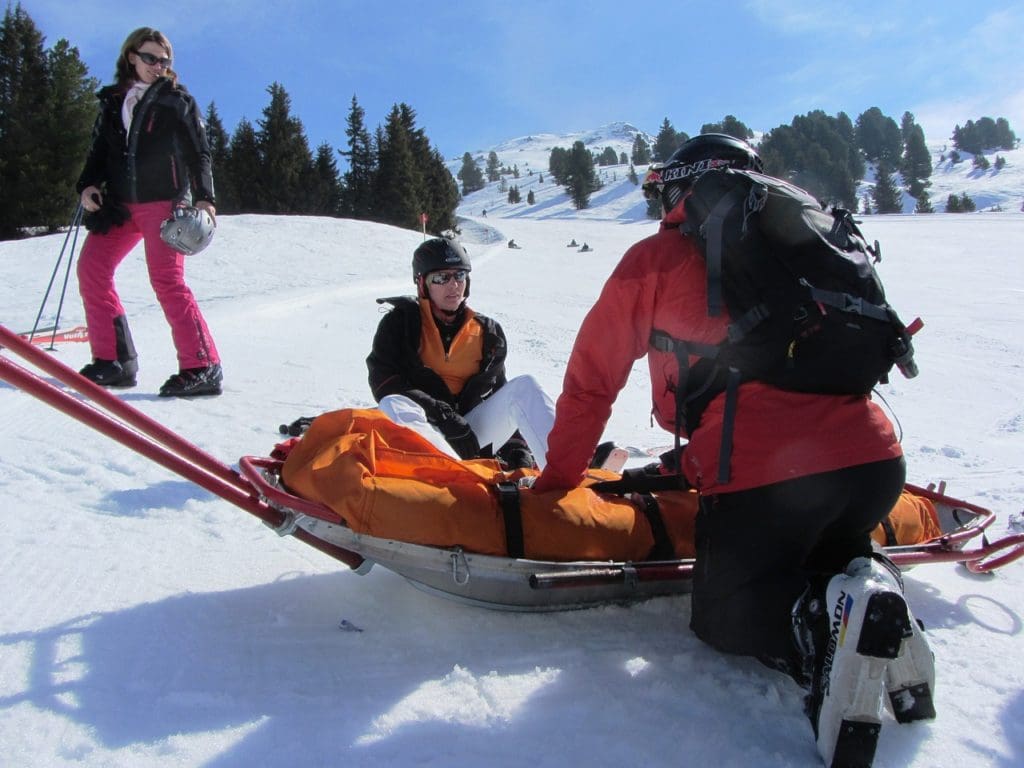 Experiencing a medical emergency can be scary and expensive – even more so when you are away from home. Primary travel coverage is much simpler and faster to manage in the event of a claim because it reimburses eligible medical expenses before any other policy, such as your own medical insurance. Travel Maestro tip: We strongly recommend primary travel insurance.
Experiencing a medical emergency can be scary and expensive – even more so when you are away from home. Primary travel coverage is much simpler and faster to manage in the event of a claim because it reimburses eligible medical expenses before any other policy, such as your own medical insurance. Travel Maestro tip: We strongly recommend primary travel insurance.
Secondary travel insurance policies require you to exhaust all other benefits (including paying the deductible) before you file a claim for reimbursement at some later date. You may even need to show proof of the other benefits’ disbursement before you can file a claim. That delay creates an added strain on an already difficult situation.
How Much Does Travel Insurance Cost?
The cost of travel insurance varies depending on your age, the cost of your trip, and the length of your trip. According to the Insurance Information Institute, it generally runs about 5% to 7% of the price of the vacation, so a $5,000 trip would cost roughly $250 to $350 to insure.
Older people have more health risks, so their coverage costs more than younger age groups. The cost of the trip is usually divided into $500 bands, with incremental increases in insurance costs. The length of your trip doesn’t affect the insurance price until it’s longer than 30 days, then there will also be cost increments.
Covington Travel strongly recommends travel insurance to protect your trip investment, especially for travel during potential bad weather seasons (hurricanes, snowstorms, wildfires). We also advise checking your own medical policy to verify deductibles, geographic limitations to coverage, and if medical evacuation is covered. You’re welcome to contact our vacation advisors with any questions about travel insurance.



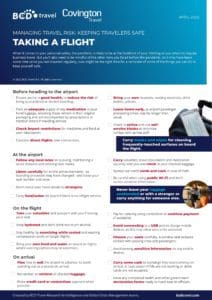
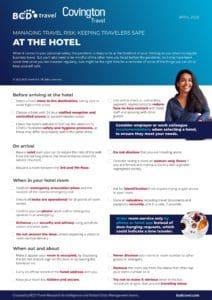

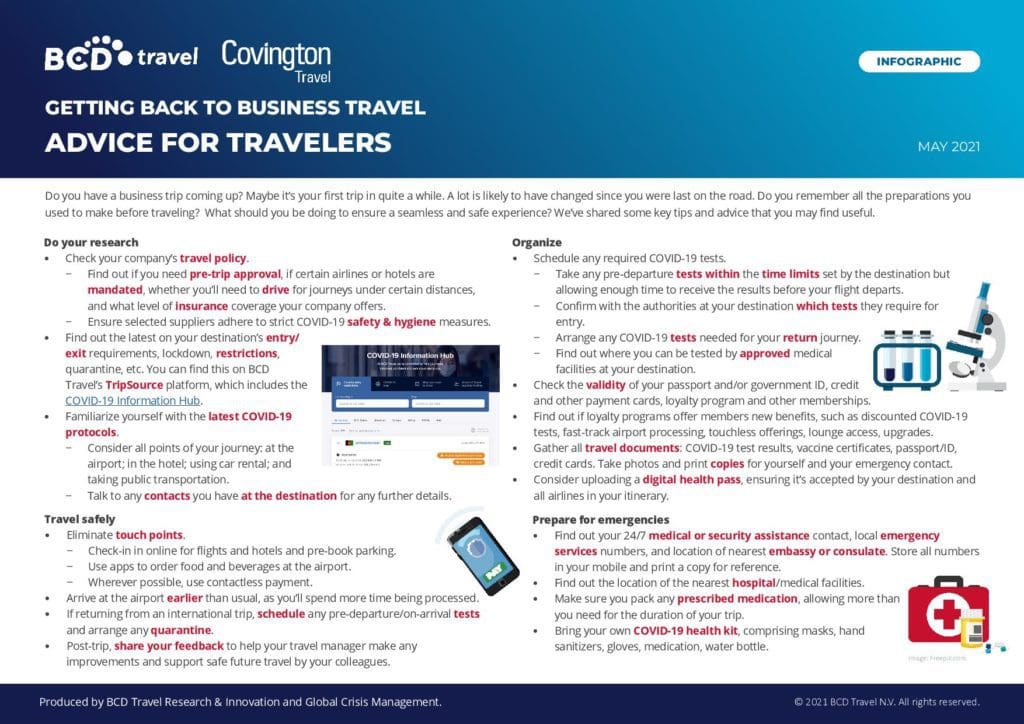
Leave a Reply